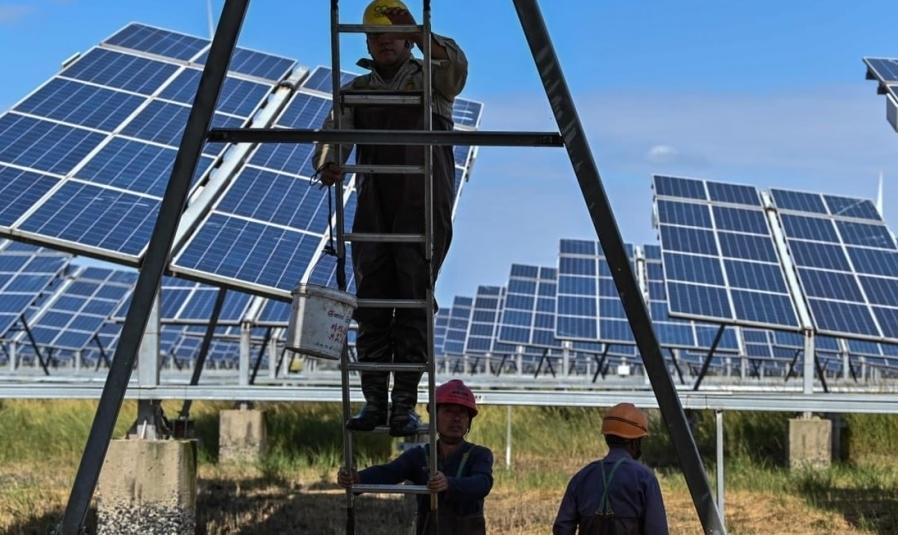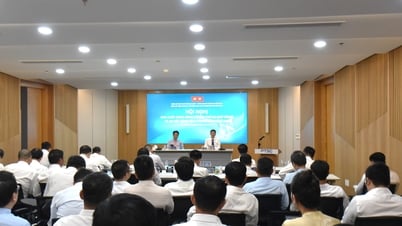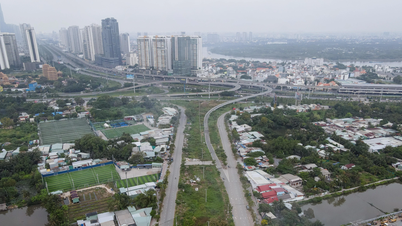The UK-based audit firm's report also pointed out that China and India will be the countries that benefit the most from this process.

A solar power plant in China's Jiangsu province. Photo: AFP
Of China’s total workforce, 48% work in sectors most vulnerable to the impacts of climate change, compared to 43% in India, according to Deloitte’s vulnerability index included in the report.
“An economy like China will lose the most from climate change because of its size and industrial structure… If China addresses climate change, it will gain the most,” said Pradeep Philip, head of Deloitte Access Economics in Australia.
The Asia- Pacific region has a high proportion of emissions-intensive industries, meaning millions of workers and their communities rely on zero-emission alternatives, the report said.
Furthermore, nearly two-thirds of the world 's renewable energy jobs are in Asia, with China alone accounting for 42% of the global total in 2021, the International Renewable Energy Agency (Irena) said last September.
The agency added that employment in the renewable energy sector reached 12.7 million in 2021 worldwide, an increase of 700,000 new jobs.
“We are seeing a huge increase in upstream and downstream work related to renewable energy,” said Philip. “That will boost key sectors in China, such as the energy sector, the transport sector and of course, even the construction sector…”
According to Deloitte's report, China has established 21 university programs related to carbon emissions and carbon neutrality, and 42 colleges to train carbon neutral talents.
Mai Anh (according to SCMP)
Source



































































































Comment (0)